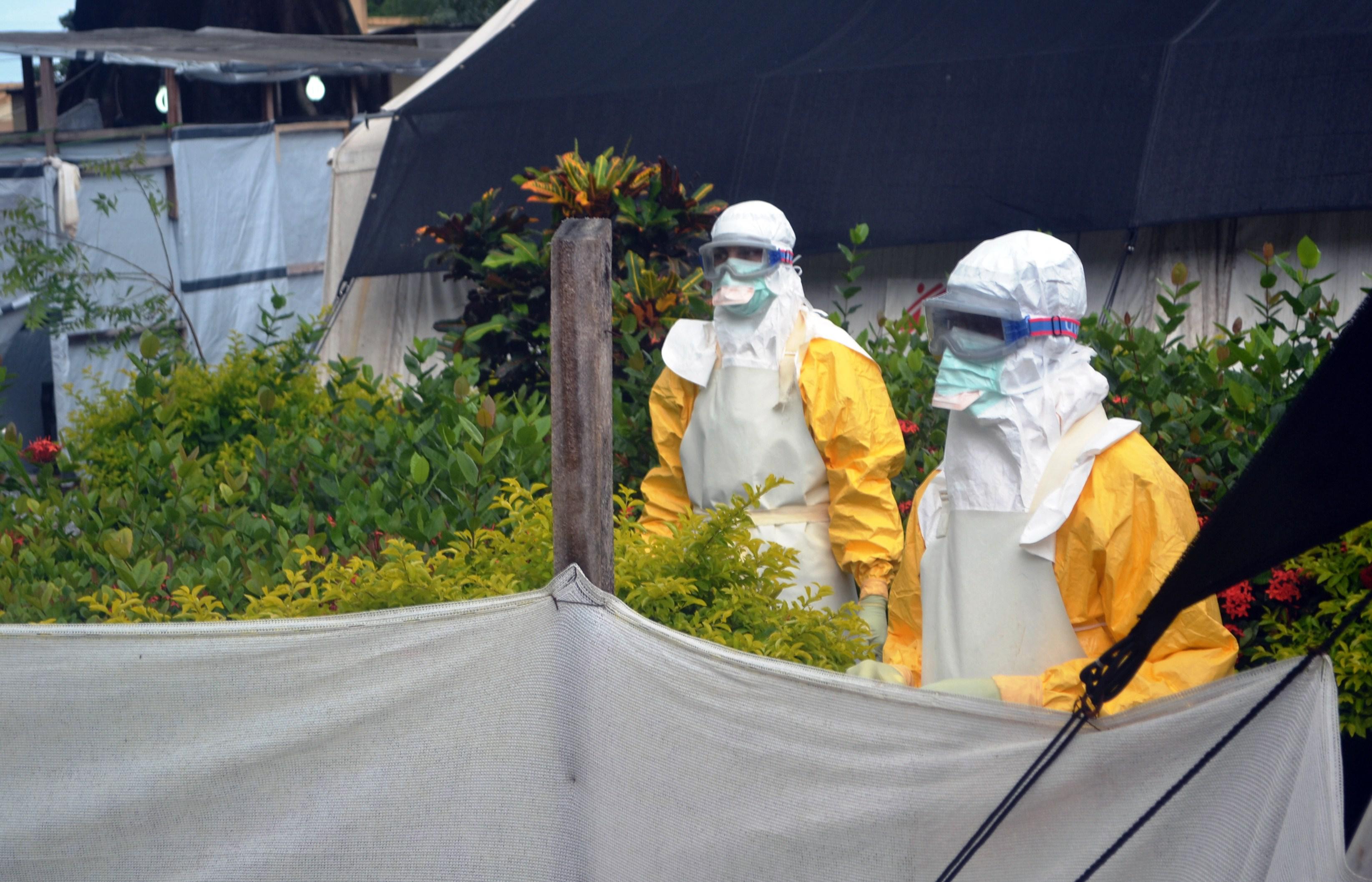West Africa’s ongoing Ebola outbreak, the first to occur significantly in major cities, has already infected more than 1,000 people in Guinea, Liberia, and Sierra Leone, nearly half the number killed by the disease in the last three decades. And this week has brought more disturbing news.
On Wednesday it was reported that Sierra Leon’s top Ebola doctor was himself infected with the disease. Ebola can have mortality rates of up to 90 percent but it’s closer to 60 for this particular outbreak.
Today, a Liberian man tested positive for the disease after arriving in Lagos, the largest city in Africa. Meanwhile, in Freetown, Sierra Leone, the first known resident of the city with the virus is on the run after her family forcibly removed her from a hospital. The country’s overstretched health authorities believe that dozens of people who have tested positive for the disease may now be unaccounted for.
Despite its gruesome symptoms and high death tolls, Ebola shouldn’t be the kind of disease that turns into a pandemic. It’s relatively difficult to transfer from person to person and previous outbreaks—which have typically occurred in remote rural areas—have been contained.
This is a different scenario entirely, with the disease apparently reaching urban areas and many of the people at risk skeptical or suspicious of health workers. Hopefully the Lagos case is an isolated incident, but if steps aren’t taken to contain this quickly, it seems inevitable that more countries will be at risk.
